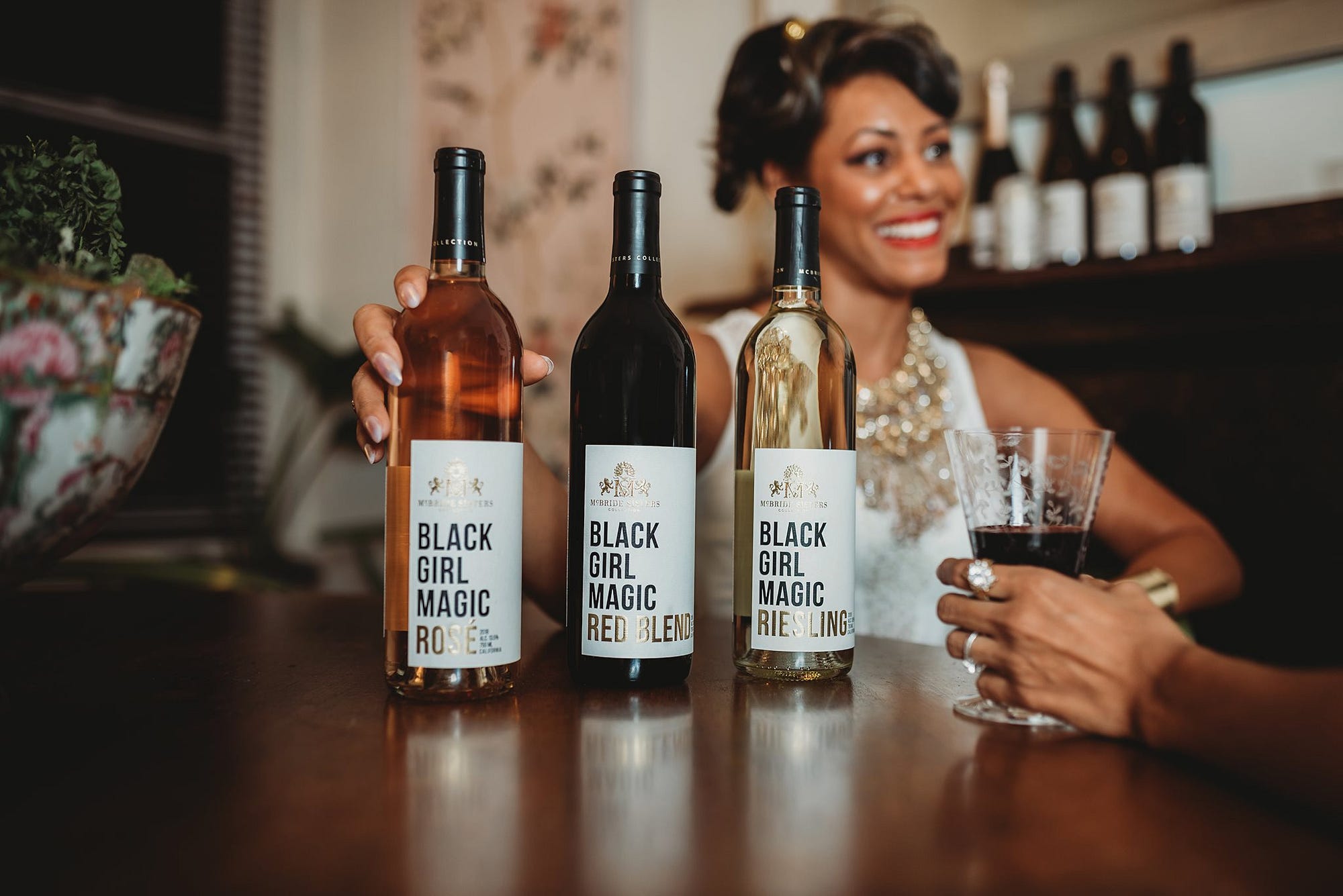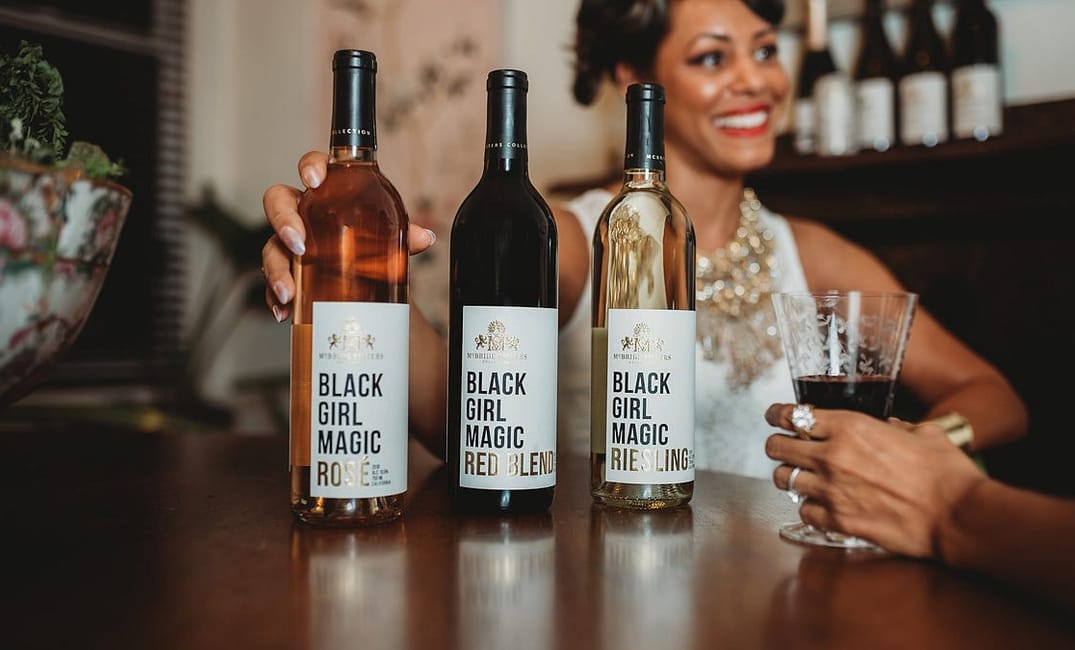Friday Five

In a collective effort to dismantle racism in America, we need to be consistent about supporting Black-owned businesses as well as other minority groups. The unconscious ways in which white people largely support white-owned businesses is a form of systemic racism, no matter the intent. Every purchase is a chance to be intentional about who you are supporting with your money — even when it comes to wine.
Sign-up for The Bold Italic newsletter to get the best content about life in the Bay Area in your inbox every week.
Wine Country has a diverse climate that is great for growing grapes, but winery ownership isn’t as diverse. The industry is incredibly white and rich, often inherited from generation to generation. This leaves little room for new people without these privileges to start their own wineries. It is an upward battle for any person of color trying to make it in the wine business. As counties loosen restrictions due to Covid-19, wineries in Napa Valley can start opening on June 12; in Sonoma, they’ve already started to reopen. Let’s make this summer the one where we are more diverse in the wines we drink.
1. Brown Estate
In 1980, Bassett and Marcela Brown purchased an abandoned ranch in the eastern hills of Napa Valley and planted grapes. For a decade, they sold to local winemakers, but in 1996 their children, Deneen, David, and Coral Brown, officially established the Brown Estate label to make their own. Their wine became such an instant hit that in the January 2000 issue of the Wine Spectator, the 1997 Brown Estate zinfandel received a score of 91 points. They are still known for their zin. In April 2017, the estate opened a tasting room, Brown Downtown, on the First Street corridor of Napa. While the tasting room remains closed due the pandemic, they are open for curbside pickup — a bottle of Brown and picnic in Napa is definitely the next best thing to being at the tasting room. Also, make sure to follow their Instagram for word on when they plan on reopening.
2. Bodkin Wines
Located in Healdsburg, Bodkin Wines’ Christopher Christensen and Andrew Chambers, are self-proclaimed “two guys living and working hard in Sonoma County.” Christensen is an Iowa native who founded the winery in 2011 and joined forces with Chambers in 2013. Together they’ve made 1,100 cases of their award-winning sparkling sauvignon blanc. While there isn’t a tasting room, the best way to support this small but mighty winery is by joining their wine club. For $120, you can get six bottles twice a year. For $240, you can receive 12 bottles twice a year.
3. McBride Sisters
For half of their lives, the McBride half-sisters, Robin and Andréa, were unaware of each other, living on separate continents, California and New Zealand respectively. But when they met, they realized they had more in common than one parent: they also loved wine. Together they started McBride Sisters Collection in Oakland. The successful collaboration is now the largest Black-owned wine company in the United States. The best way to support the Mcbride sisters is to join their wine club, which has four offerings. We recommend doing the two-bottle sisters’ choice, hopefully including one from their Black Girl Magic collection.
4. J Moss Winery
Known for their cabernet sauvignon, J. Moss Winery is a Black-owned winery located in Napa Valley that was founded by James Moss, who made his first vintage in 2001 when he worked as a wholesaler in the wine industry. Trips to Napa Valley made him fall for Wine Country, so he and his wife, Janet, who has a winemaking degree, made the move from Texas to Napa. Since then, J. Moss has evolved into a “cult favorite” wine. Located in the southern part of Napa in the Crusher Wine District, tastings are usually done on the property when reservations are made in advance — it seems like that’s closed for the moment, but you can contact the winery directly to see when they plan to take reservations again. In the meantime, you can shop their wines online.
5. L’Objet Wines
Located in Healdsburg, L’Objet red wines are known for being incredibly smooth. Winemaker Danny Glover has spent the better half of his life honoring his muse, which is the “seductive pinot noir.” Prior to being a winemaker, Glover wrote and produced in L.A.’s music industry. “My philosophy on winemaking is really very simple. I pursue the finest vineyards and fruit, turning away grapes I believe would require too much manipulation,” he says on his website. While a bottle of pinot noir can cost up to $75, it’s certainly worth it. L’Objet doesn’t have a tasting room, but you can order it online.







